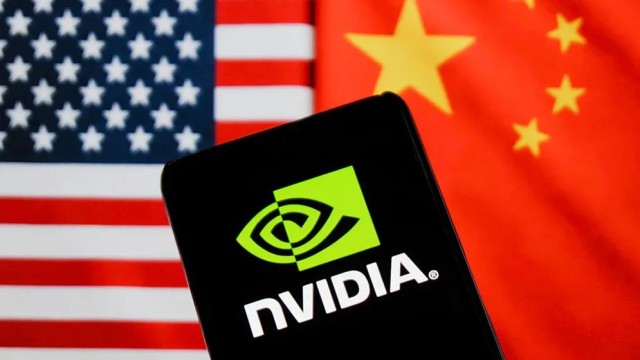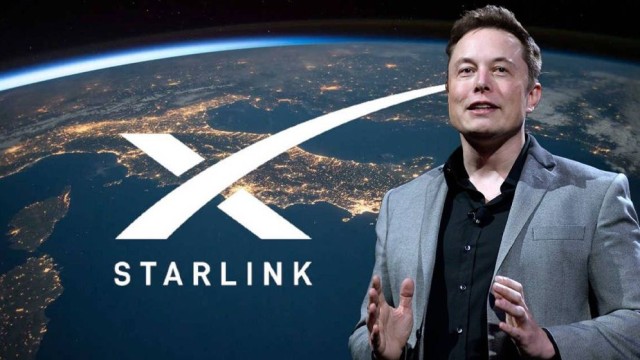Washington, Nov 26 (V7N) — The United States government has taken a significant step in its battle against monopolistic dominance in the tech industry by proposing that Google sell its popular Chrome browser. This decision, aimed at curbing Google's dominance in the search engine market, could mark a turning point in the digital landscape.
The U.S. Department of Justice (DOJ) has requested a judge to order Google to separate Chrome from its core operations. This follows allegations that Google has monopolized the online search and browser markets, leaving little room for competitors to thrive. If implemented, this move could revolutionize how users access the internet.
With over 3 billion monthly active users, Chrome is the world’s most widely used browser, seamlessly integrated into Google’s ecosystem and Android devices. The browser generates substantial revenue for Google, primarily through advertising linked to user data. Analysts estimate that Chrome could be valued at approximately $2 billion if sold.
Few companies have the resources to acquire Chrome at such a high valuation. Experts suggest that tech giants like Amazon or emerging players like OpenAI could step in. For artificial intelligence companies, owning a browser with billions of users could be a strategic advantage to expand their reach and influence.
This landmark case, presided over by District of Columbia Judge Ajay Mehta, is part of a broader effort to address monopolistic practices by tech giants, including Amazon and Meta. Critics have long argued that these companies stifle competition and dominate key markets, leaving little space for smaller players.
The DOJ's move aims to disrupt Google’s hold on the market and promote a healthier, more competitive tech environment. The sale of Chrome would open doors for alternative browsers and search engines, potentially reshaping the internet experience for millions of users.
If Chrome is sold, the browser’s new ownership could lead to significant changes in its functionality and user experience. Users may also see a rise in the diversity of search engines and web browsers, offering different approaches and potentially more user-focused features.
This case underscores the growing tension between tech giants and regulators worldwide. Whether this decision will lead to lasting change in the tech industry remains to be seen, but it signals a critical moment in the fight against monopolistic dominance.
END/RH/AJ































Comment: